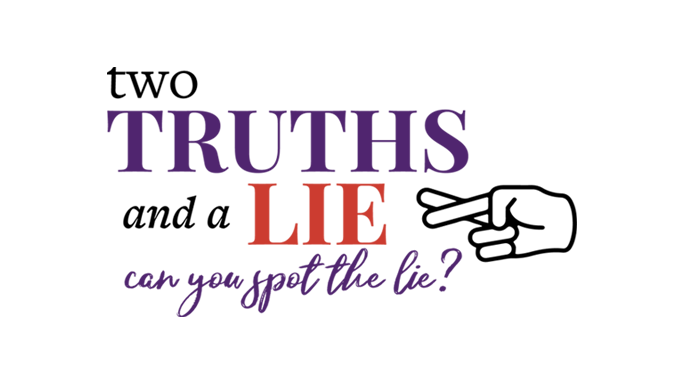Everyone likes a part game. Let’s see if you can spot the lie about the taxes taken from your paycheck each week.
-
Employees pay both the employee and the employer portion of the payroll tax.
-
Payroll taxes are the biggest source of revenue for the government.
-
Payroll taxes are more severe for low-income earners than high-income earners.
Answers:
-
Truth. The federal government levies two payroll taxes on the wages and salaries of workers to fund social saftey net programs. Each worker pays 15.3 percent in combined payroll taxes, 12.4 percent to fund Social Security and 2.9 percent tax for Medicare. They appear on your paystub as Federal Insurance Contributions Act (FICA) and Medicare Federal Insurance Contributions Act (MEDFICA). Workers and their employers are supposed to split this 15.3 percent tax equally with half (7.65 percent) remitted directly by employers and the other half taken out of workers’ paychecks. In the face of higher labor costs evidence demonstrates that employers reduce salaries and wages by their portion of the payroll tax. So in essence, workers bear the full taxes directly and indirectly.
-
Lie. Payroll taxes are the second largest source of revenue for the federal government. The biggest source of revenue is individuals income taxes. In fiscal year 2017, the federal government collected $3.3 trillion. $1.5 trillion came from income taxes and $1.2 trillion came from payroll taxes. Together, the taxes collected from our paychecks give Uncle Sam over three quarters out of every dollar it can spend.
-
Truth. The payroll tax is regressive meaning that every worker pays the same rate regardless of their financial situation. As a result, low-income workers pay a larger part of their earnings in payroll taxes than high-income workers. This is in contrast to the income tax which is progressive so that tax rates rise as income increases.
Increasing payroll taxes to fund social security–an idea floating around Congress recently–is a terrible idea because it will hurt low-income workers. These workers have the least means but pay out more of their paycheck in payroll taxes.
If Washington wants to make Social Security more sustainable, it needs to look at reforms to Social Security and other entitlement programs rather than straddle low-income workers with a bigger tax bill. That just leaves them with less income to meet their day-to-day needs.

